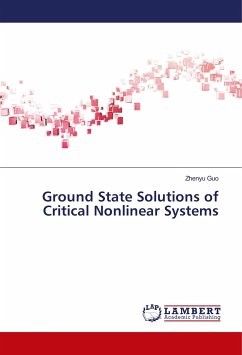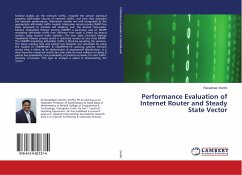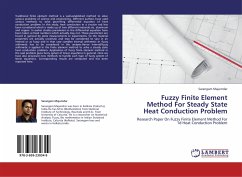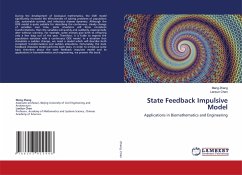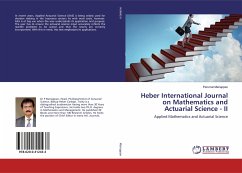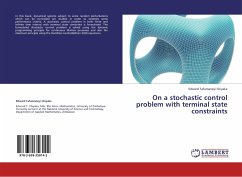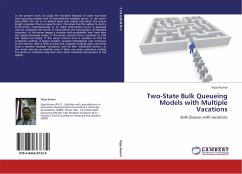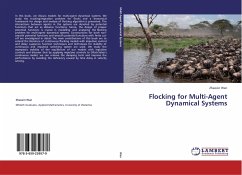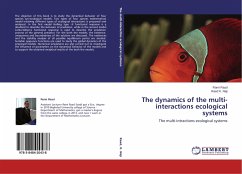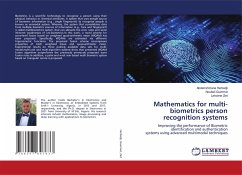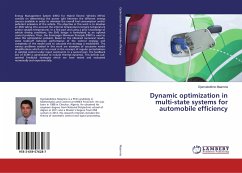
Dynamic optimization in multi-state systems for automobile efficiency
Versandkostenfrei!
Versandfertig in 1-2 Wochen
47,99 €
inkl. MwSt.

PAYBACK Punkte
24 °P sammeln!
Energy Management System (EMS) for Hybrid Electric Vehicles (HEVs) consists on determining the power split between the different energy sources available in order to minimize the overall fuel consumption and/or pollutant emissions of the vehicle. The objective in this work is to develop an EMS taking into account the internal temperatures (engine temperature and/or catalyst temperature). In a first part and using a prior knowledge of vehicle driving conditions, the EMS design is formulated as an optimal control problem. Then, the Pontryagin Minimum Principle (PMP) is used to solve this optimiz...
Energy Management System (EMS) for Hybrid Electric Vehicles (HEVs) consists on determining the power split between the different energy sources available in order to minimize the overall fuel consumption and/or pollutant emissions of the vehicle. The objective in this work is to develop an EMS taking into account the internal temperatures (engine temperature and/or catalyst temperature). In a first part and using a prior knowledge of vehicle driving conditions, the EMS design is formulated as an optimal control problem. Then, the Pontryagin Minimum Principle (PMP) is used to solve this optimization problem. Based on the obtained numerical results, some trade-off between performance of the control strategy and complexity of the model used to calculate this strategy is established. The various problems studied in this work are examples of successive model simplifications which can be recast in the concept of regular perturbations in optimal control under input constraints. In a second part, the feedback law of ECMS is generalized to include thermal dynamics. This defines sub-optimal feedback strategies which we have tested and evaluated numerically and experimentally.



